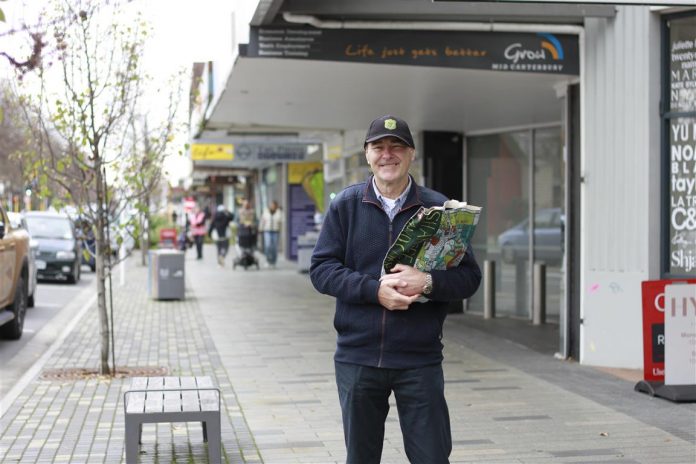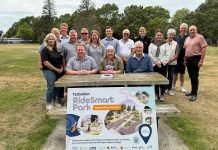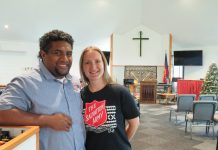Steve Devereux of Ashburton was lucky to survive after having a stroke almost one year ago.
Today he continues to suffer some paralysis, heart arrhythmia and aphasia.
He tells his story, in support of Aphasia Awareness Month, to Susan Sandys.
Steve Devereux, 66, is lucky to be alive after a stroke in July last year.
The retired Ashburton man was trapped alone at his home for 30 hours after the major health event, which paralysed him on his left side and left him unable to talk.
A neighbour was able to alert emergency services after Devereux somehow managed to get outside.
‘‘I crawled out of the garage, I was trying to get into my car, I don’t know why. It took hours just to crawl out,’’ Devereux said.
He was taken by ambulance to Ashburton Hospital, and then by rescue helicopter to Christchurch Hospital. He spent a couple of weeks there, before going to Burwood Hospital, where he spent about three months undergoing rehabilitation.
Burwood staff went ‘‘over and above’’, pushing him to the limits and ensuring he had the confidence to go home.
Today Devereux is back to living independently and enjoying life, but doctors are not sure whether he will make a full recovery.
He has lost much of the strength in his left arm, and suffers heart arrhythmia and aphasia.
Aphasia is a disorder involving damage to the language areas of the brain.
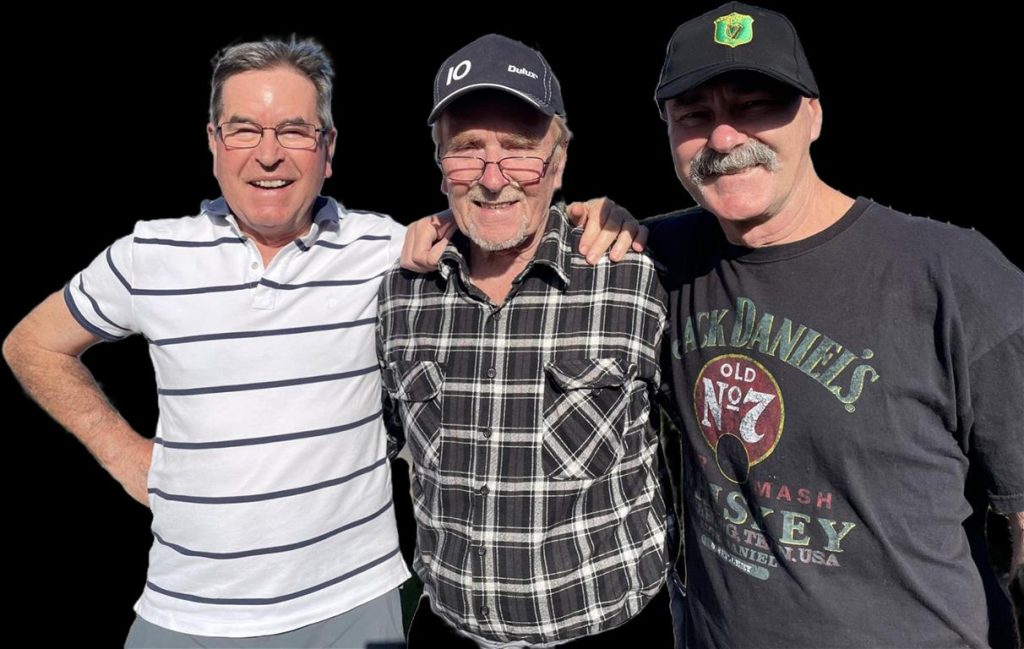
The most common cause is a stroke; other causes include a brain tumour or brain injury. When Devereux had his stroke, he lost the ability to speak; he could only mumble.
Speech returned, and day by day has continued to improve.
However, he finds himself using the word ‘‘frustrating’’ a lot when he talks about his aphasia.
‘‘It feels like your head has been shaken up,’’ Devereux said.
‘‘You are supposed to open the door and there’s all these words to choose from, except there’s nothing there, where have they all gone?’’
As well as not being able to find the right word, sometimes whole sentences evaded him.
‘‘It’s the intense frustration of having the ideas in your head, but not being able to articulate them.’’
He found talking to this reporter not too difficult, as it was a one-on-one conversation. Talking in groups could be harder.
When it comes to written communication, Devereux can text and write, but this takes longer than it used to.
His symptoms are typical of aphasia.
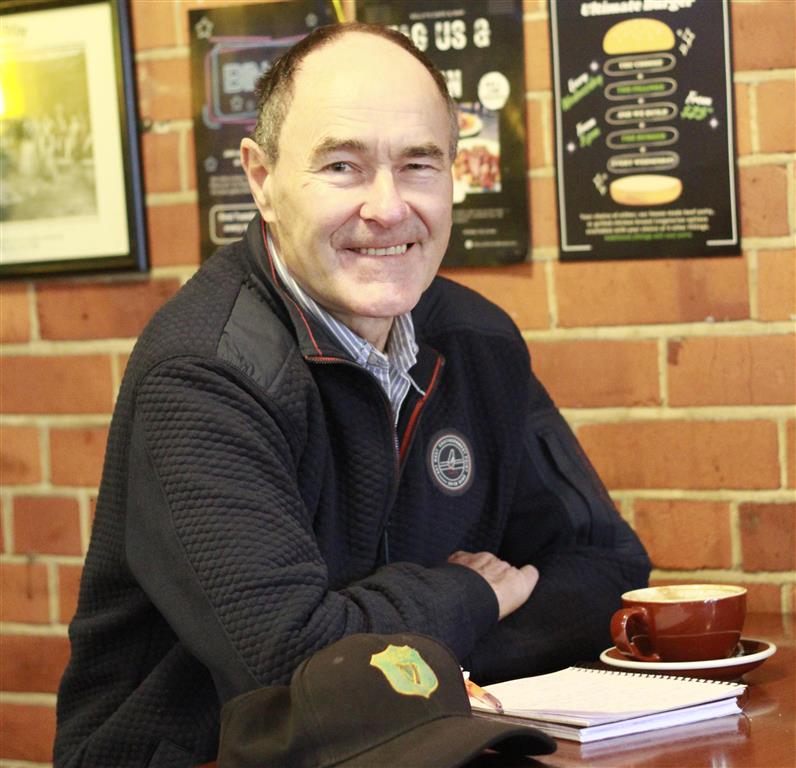
People who have it report getting frustrated by not being able to read more than a word or two, not being able to write more than just their name, not being able to communicate by speaking like they used to, getting tired from trying to talk in a group, and finding it hard to text or write.
Meanwhile, for Aphasia Awareness Month this month, Aphasia New Zealand Charitable Trust has adopted the theme Until You’ve Met It, You Just Don’t Get It, referring to the lack of awareness many have about the often hidden disability until someone they know has it.
Community Aphasia Advisor Eleanor Maxwell, based in Christchurch, said she believed there would be a number of people in Mid Canterbury who ‘‘have fallen under the radar’’ when it comes to accessing the services offered by the charity.
It offers support to anyone affected by aphasia in the form of education, social connection through conversation groups, resources and raising awareness.
‘‘We are committed to ensuring that we continue to reach as many families affected by aphasia as possible,’’ Maxwell said.
Maxwell said funding was increasingly challenging for the trust.
A fundraising campaign, featuring a Givealittle page, was under way this month.
The trust was planning to hold an aphasia education session in Ashburton next month.
It was aimed at anyone wanting to learn more about the disability, from those who had it to family and health professionals.
– An education session on aphasia will be July 29 at Community House, 11am to noon. Please RSVP to Eleanor Maxwell, 02108193929, [email protected]

